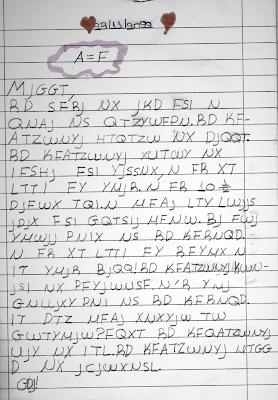Φέτος, το 3ο Δημοτικό Σχολείο Λουτρακίου, μαζί με το 1ο Δημοτικό Σχολείο Ζευγολατιού, καθώς και με άλλα σχολεία από την Καρδίτσα, την Αργυρούπολη, την Γλυφάδα καθώς και ένα σχολείο της Μολδαβίας θα συνεργαστούν στα πλαίσια της δράσης eTwinning STEM 3.0.
Ο σκοπός αυτής της συνεργασίας είναι η δημιουργία ενός eTwinning έργου, το οποίο ξεκίνησε ήδη με τίτλο:
"Toyland: a STEAM journey in time"
Στη συνέχεια ακολουθεί η περιγραφή του έργου, οι στόχοι του, η διαδικασία που θα δουλέψουμε και τα αναμενόμενα αποτελέσματά του.
About the project:
Our project is focused on toys and their importance for children’s development. In this context, we plan to study toys from past to today through a STEAM approach. We will create our toys from various materials, and with various techniques e.g., recycled materials, 3D modelling and 3D printing, robotic, etc. Partners will collaborate in all stages of the project to ensure that students will learn diverse activities in relation to the common theme.
Aims:
Developing students’ knowledge on toys history and their close relationship with different cultures.
Realizing students, the importance of toys in their life.
Encouraging students to get involved with STEM approach.
Supporting students to use critical thinking and to learn by doing.
Encouraging students to ask questions, solve step-by-step problems, use models, design prototypes, investigate, analyze, and interpret data, evaluate results, and cooperate.
Exercising students’ ICT’s and English skills.
Cooperating with students from different countries and making friends.
Learning students about the happiness of creating and sharing.
Enhancing students to use Robotics, 3D Modelling/3DPrinting and other innovating technologies, and applications in learning process.
Improving students 21st century skills including communication, cooperation, teamwork, using technology, taking responsibility, critical thinking, creative innovation, and confidence.
Activities:
Project duration: 7 months (November-May)
November: Project introduction.
Introducing students, teachers, schools, towns, countries, that participate in the project.
Online meeting, project planning, task sharing, creating pages on Twinspace.
Creating project’s logo.
December: Toys from past to today.
Learning about toys in ancient times.
Focusing on today’s toys.
Interchanging information about toys in different countries.
January: Toys from recycled materials.
Creating toys from papers, bottles, and other recycled and cheap materials.
February: Robotic toys.
Creating toys with motion.
March: Board games.
Creating board games.
Playing the board games of other schools.
April: 3D printing toys & electronic games.
Working on 3D models and exchanging instructions and coding.
Making 3D printing toys (if available 3D printer).
Doing electronic games
May: Project conclusion.
Developing a collaborative online exhibition.
Disseminating the results and products of the project.
Evaluating the project by students and teachers.
Results:
Creating a collaborative STEAM online Exhibition entitled “Toyland”.
Awareness of STEM approach.
Learning by doing.
Improvement of ICT’s and English skills.
Sharing of information and results.
Openness to students from different countries.
Collaboration with other schools.
Application for a Quality Label.

.jpg)




.png)
.jpg)

.jpg)
.jpg)
.jpg)


.jpg)


%20(1).jpg)









.jpg)